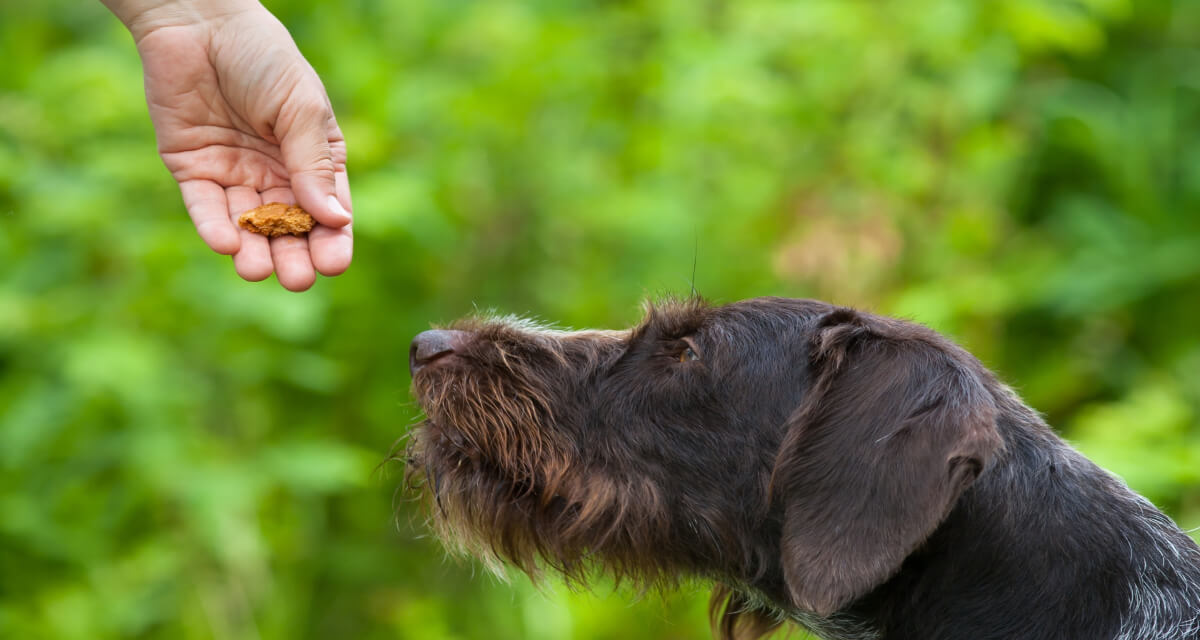
Proper nutrition from quality dog food sets a solid foundation for your dog's growth by ensuring they take in all the necessary nutrients to keep them healthy. Dog treats are no different. They are designed to supplement your dog's nutrition and add different flavor combinations that are enjoyable for your pet. But not all dog treats are created equal.
Understanding Dog Treat Ingredients
Each brand features various ingredients and comes in different shapes, styles, and flavors that appeal to dogs and give them a break from their usual diet.
Dog treats can provide a great addition to your dog's balanced diet and are an effective training tool. Some types also help improve dental health by removing plaque build-up, leaving a clean and fresh mouth.
However, it's important to note that many dog treats are unhealthy for your fur friend. Some may lead to illness, allergic reactions, or obesity, especially if they have harmful ingredients. Therefore, you must check the packaging of any food or treats you buy for your dog and read the ingredients in detail.
But how do you know what ingredients are suitable for your dog and which to avoid? In this guide, we help you understand the ingredient labels so you can make conscious, beneficial choices for your dog.
Healthy Ingredients in Dog Treats | Unhealthy Ingredients in Dog Treats |
| 1. Whole meat | 1. MSG |
| 2. Fruits and vegetables | 2. Corn syrup |
| 3. Healthy fats | 3. BHA & BHT |
| 4. Grains | 4. Ethoxyquin |
| 5. Amino acids | 5. Chemical humectants |
| 6. Minerals | 6. Sorbitol |
Healthy and Safe Ingredients in Dog Treats
Here are some ingredients to look for when choosing a brand of treats for your dog. The following ingredients are safe and delicious and support the health and well-being of your dog.
Whole Meat
Meat is an excellent source of protein for your dog to keep it strong and healthy. Treats that feature meat as an ingredient are a great option. They'll not affect your dog's health and will provide additional nutrients.
However, you must check the label well to ensure that the meat indicated is whole meat. If you find treats with the term "meat" or "meal" without specific distinctions on the kind of meat, it is best to avoid it.
Such treats will likely have highly processed meat with additional cheap fillers that may affect your dog negatively. Instead, look for treats that mention the exact type of whole meat, for instance, chicken, beef, kangaroo, salmon, fish, etc.
Grains
In the canine community, there is a lot of talk about people adopting a grain-free diet with their dogs. However, this is a decision that should be made following the recommendations of a veterinarian.
Grains offer a great source of carbohydrates, amino acids, and antioxidants essential for your dog's health. Therefore, cutting out grains may leave your dog deficient. This is why the decision to switch to grain-free should come from your vet, says experts at Bond Vet Clinic.
Grains come in two options, including whole and refined grains. These grains include corn, oats, wheat, rye, and barley. These are great options, especially if your dog has no health conditions like diabetes.
Fruits & Vegetables
Fruits and vegetables are a great source of fiber, calcium, minerals, Vitamin A, and Vitamin C, all of which are beneficial for your dog. In addition, research shows that dogs can enjoy fresh fruits and vegetables when added to their diet.
In addition, treats that feature these ingredients are great for your dog. The best part is that such treats can easily be made at home. All you need is to find a recipe that contains acceptable veggies for dogs to consume and recreate it.
Some veggies and fruits that are great for dog treats include apples, raspberries, blueberries, cucumbers, spinach, and watermelon.
Healthy Fats
Healthy fats like omega 3 & omega six fatty acids, coconut oils, and fish oils are great ingredients in dog treats. They provide your dog with lots of energy and help absorb fat-soluble vitamins.
A research article on the functional uses of fats and oils in pet food sites that these are essential ingredients to consider. They are a healthy option for dogs and will help boost their immune system.
However, experts also note that the fats used should feature one ingredient and avoid preservatives. With certified products, you are assured that your dog treats have the best quality healthy fats in the right amounts to promote your dog's well-being.
Amino Acids
The ingredients in your dog treats will feature essential amino acids, and you may find that they are not included in the ingredient list. However, you can trust that your dog is getting the necessary amino acids.
However, in some cases, the amino acids are added and will be included in the ingredient list. Some of the essential amino acids to look out for include;
Leucine
Lysine
Methionine
Phenylalanine
Threonine
Valine
Arginine
Taurine (which is not commonly added since it is obtained from meat in dog treats.)
Minerals
Research shows that supplementing your dog's minerals from its diet is essential. You can add the required minerals into the dog food to ensure that your fur friend gets the needed macro and trace minerals.
In addition, dog treats that feature these essential minerals play a big part in supplementing to meet your dog's needs. Some of the minerals to look out for include;
Calcium
Magnesium
Phosphorous
Potassium
Zinc
Iron
Fluorine
Ingredients in Dog Treats to Avoid
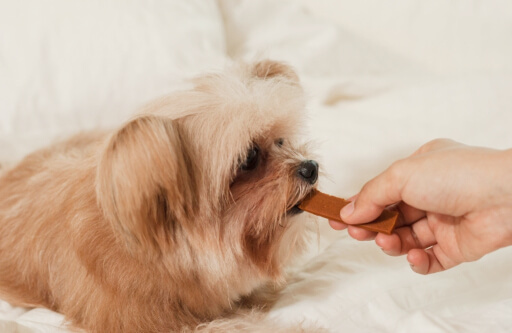
- MSG
Some Dog foods and treats will have MSG as an ingredient, although it has some serious adverse effects on your dog's health. MSG stands for monosodium glutamate, an additive commonly used in processed foods for humans and pets.
Studies show that MSG may result in obesity and cardiotoxicity in humans. This goes to show that it is not an ingredient that should be in your puppy's food. However, companies continue to use it because it enhances the flavor of the food.
With added flavor, your dog will tend to eat more and gain too much weight, harming its health. Therefore ensuring that your dog treats do not have MSG or hydrolyzed proteins as an ingredient is essential.
- Corn Syrup
Corn syrup is highly processed and is derived from corn starch and glucose. It is not toxic to your dog, but it packs a lot of sugar that is harmful to your dog. Therefore, corn syrup should not be like sugar and candy in your dog's diet.
It can lead to serious health issues like obesity and diabetes. Corn syrup is added to store-bought dog treats because it's considered to be a natural sweetener. However, in most cases, the corn syrup will feature additives like glucose to make it sweeter.
An alternative to corn syrup featured in many homemade dog treats is honey, which comes with benefits for your dog's health. Honey helps elevate the treat's taste and is a great option.
- BHA & BHT
BHA & BHT are artificial preservatives found in dog food and treats. However, BHA is also said to contain antioxidants which is why most people may think having that in dog treats is healthy.
However, BHA is carcinogenic, resulting in cancer and kidney damage. Therefore dog treats with these artificial preservatives are not suitable for your dog. Avoiding such treats will help you avoid running into health complications. (If your dog is dealing with cancer, consider reading this article to find the best possible care)
On the other hand, a study on the efficacy and safety of BHA in all animals shows that a maximum concentration of 150 mg/kg feed is safe. Therefore check that the specific quantities are indicated if you want to take treats with BHA.
- Ethoxyquin
This is an FDA-approved preservative that is found in a lot of pet foods. It is a synthetic antioxidant that preserves fats and fat-soluble vitamins. It protects them from turning rancid (tasting or smelling unpleasant).
However, studies show that Ethoxyquin may lead to pigment accumulation in the liver, causing potential harm to your dog's health. In addition, this chemical may increase liver enzyme serum levels, leading to toxicity.
So, avoiding Ethoxyquin in your dog's treats is a good idea. It will help you ensure that your dog's health is not affected. However, despite being FDA-approved, studies question its safety as more research continues.
- Sorbitol
This is a synthetic sweetener used by dog food companies to add flavor to dog treats and foods, making them quite addictive. Dogs tend to overindulge in sweet treats and foods and completely neglect healthier options.
Sweeteners like sorbitol in your dog treats may result in health issues, hypoglycemia, obesity, and digestive issues, including vomiting, bloody stools, and diarrhea. So, avoiding foods and treats with sorbitol and other artificial sweeteners is essential.
Ensure your dog treat ingredients are healthy and safe
When looking at the ingredients in dog treats, there are a few things to avoid to ensure the treat is safe and healthy for your dog. Some ingredients to look out for include: Artificial preservatives, colors, and flavors: These can be harmful to dogs and are often added to increase the shelf life of the treat.
By-products: By-products are parts of an animal that are not meat, such as bones, blood, and internal organs. These can be of lower quality and may not be as nutritious as meat.
BHA and BHT: These are chemical preservatives that have been linked to cancer in laboratory animals.
Ethoxyquin: This is a chemical preservative that has been banned for use in human food but is still allowed in some pet foods and treats. High levels of salt and sugar: These can be harmful to dogs in large amounts and can contribute to obesity and other health problems.
It's also important to note that some ingredients that are safe for humans may be harmful to dogs, such as chocolate, grapes, and onions. It is always good to check the ingredient list, nutrient labels and the certifications before buying the dog treat, Also you can check with the vet if you are unsure about your dog treat ingredients.


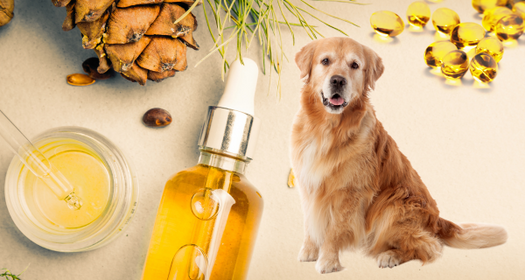
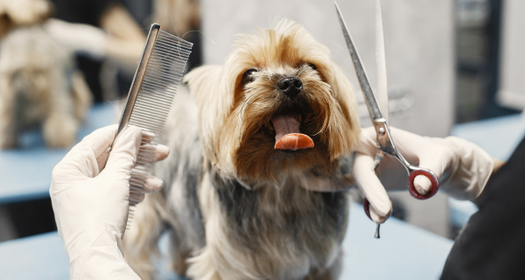
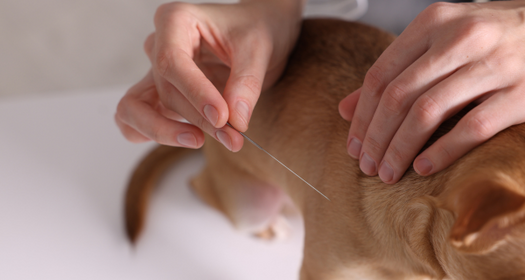






Leave Comment Below